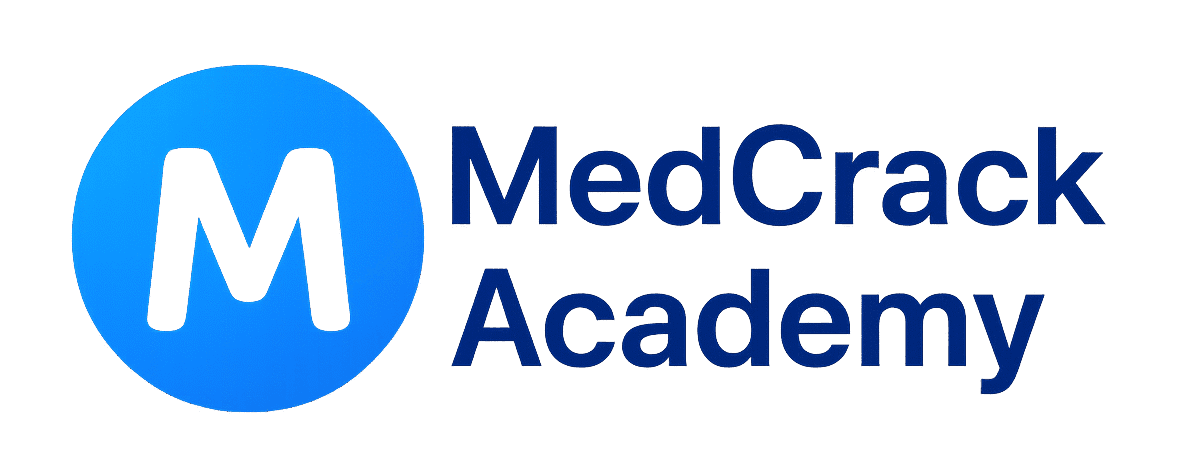IMM Oral and Maxillofacial Surgery Exam:
Table of Contents
The Intermediate Module exam in Oral and Maxillofacial Surgery is a crucial milestone for aspiring surgeons. It tests both theoretical knowledge and clinical skills through two distinct components:
Exam Components:
1. Theory Exam:
- Includes two computer-based papers.
- Each paper contains 100 multiple-choice questions (MCQs).
2. TOACS Exam:
- TOACS stands for Task-Oriented Assessment of Clinical Skills.
- Features 15 interactive stations, each assessed by an examiner.
- These stations cover 15 clinical cases, including X-rays and picture-based scenarios.
Exam Preparation Duration:
- Preparing for this exam requires atleast four months of focused study. A well-structured plan is essential for success.
Recommended Textbooks:
To excel in the Intermediate Module, these textbooks are highly recommended:
- Contemporary Oral and Maxillofacial Surgery by Tucker
- Textbook of Oral and Maxillofacial Surgery by Neelima Anil Malik
- Oral and Maxillofacial Surgery by Peter Ward Booth
- Peterson’s Principles of Oral and Maxillofacial Surgery
- Oral and Maxillofacial Pathology by Neville
For anesthesia topics, refer to:
- Handbook of Local Anesthesia by Malamed
MCQ/BCQs Questions Preparation Resources:
For effective BCQ’s/MCQ’s preparation, consider the Oral Maxillofacial Surgery IMM Course by MedCrack Academy. This course covers:
- Comprehensive BCQ’s/MCQ’s Questions.
- Past Papers (Questions + TOACS)
- Essential concepts for exam with Effective Preparation Strategy.
- Familiarize yourself with the exam format and commonly asked questions. Focus on Core Textbooks: Tucker’s and Neelima’s books are essential for theory preparation. Neelima’s book also covers key Oral Pathology topics.
- Master Anesthesia Topics: Use Malamed’s handbook to strengthen your knowledge of local anesthesia.
- Be Consistent: Maintain a regular study schedule and revisit practical cases in your hospital. Real-world experience plays a crucial role in your preparation.
- Prioritize Key Topics: Focus on high-yield topics like Frontal Bone Trauma, NOE (Naso-Orbito-Ethmoid) injuries, and Orbit Trauma.
- Engage with the MedCrack Community: Join MedCrack’s dental forums for discussions, expert tips, and insights from past candidates.
- Follow Expert Guidelines: Utilize the MedCrack Academy guidelines, curated by experienced professors and successful students, for targeted preparation.
- Understand Reconstruction and Multidisciplinary Cases: Dedicate time to mastering reconstruction techniques and multidisciplinary case studies, as these are commonly emphasized in the exam.
In Conclusion:
Clearing the Intermediate Module in Oral and Maxillofacial Surgery demands determination, consistent effort, and the right resources. By following this structured guide and leveraging resources like MedCrack Academy, you can significantly improve your chances of success.
Good luck! Share this guide with fellow candidates to help them on their journey to exam excellence. For additional resources, visit MedCrack Academy and take your preparation to the next level!
